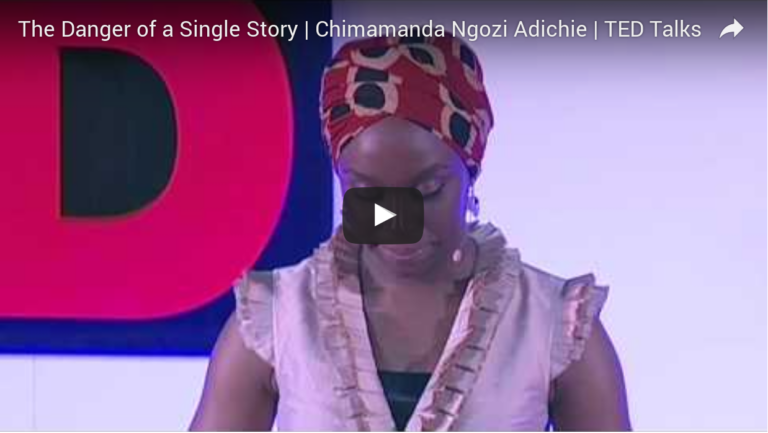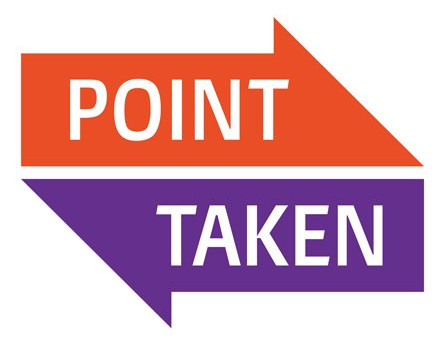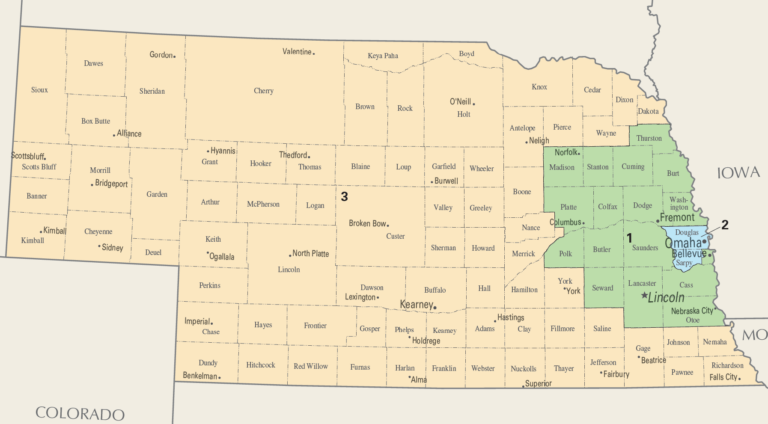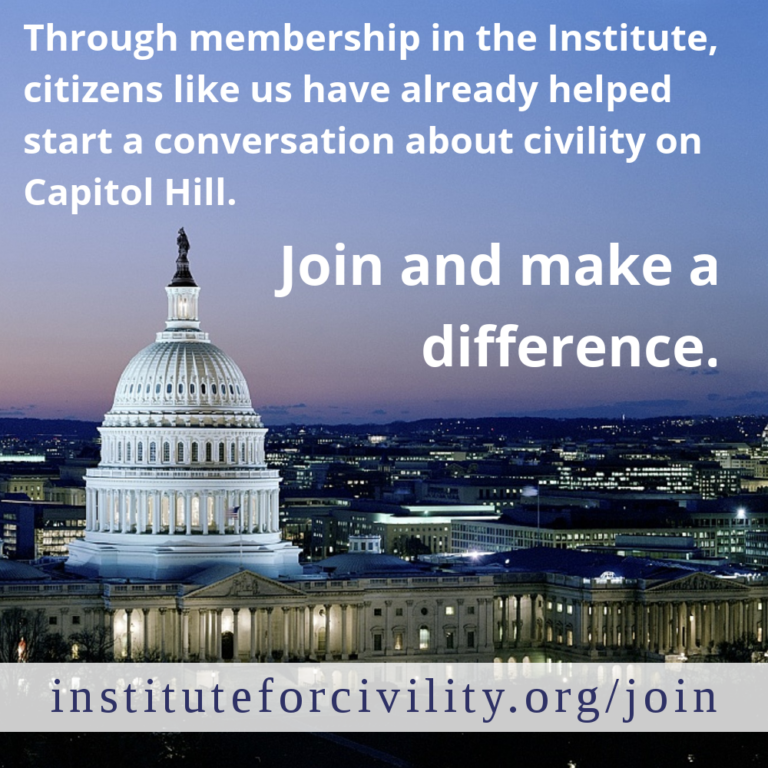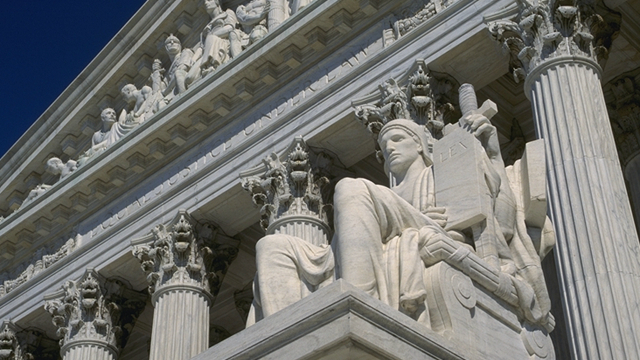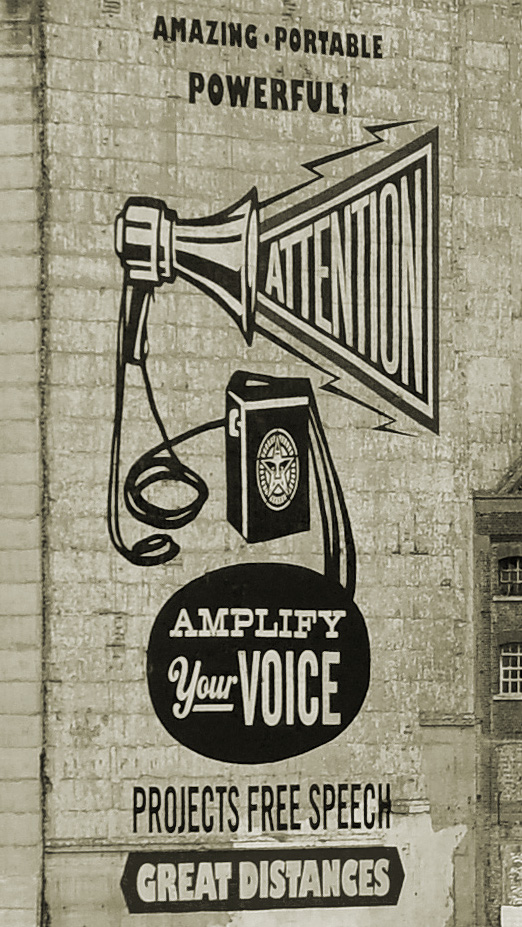Students Build Community and Collaboration: High School Students from Palacios and Wharton Join Together in Civic Education Experience
Houston, TX, June 10, 2016 – Five students from Palacios High School and six students from Wharton High School participated in a Student Legislative Seminar trip to Washington, DC, with the Institute for Civility in Government (ICG) on June 4-9. These Seminars teach students about how to be involved in the governing process while maintaining…


